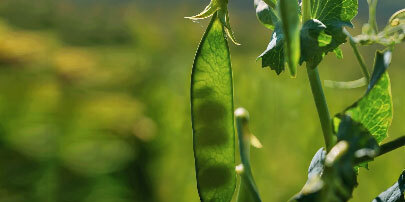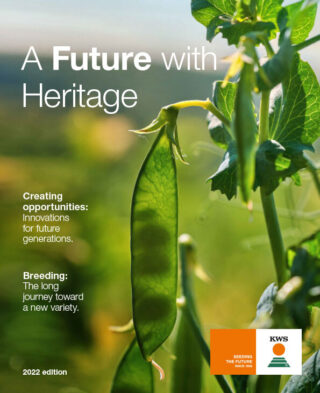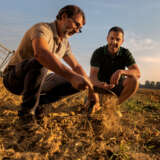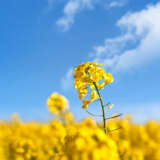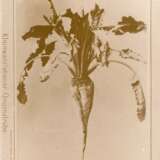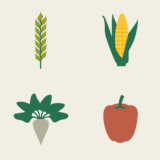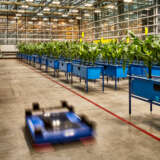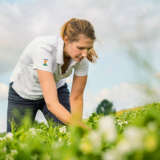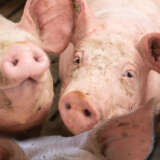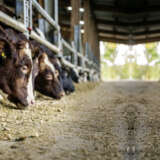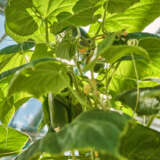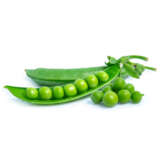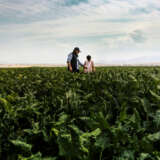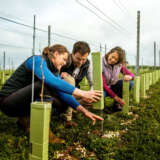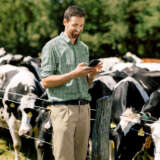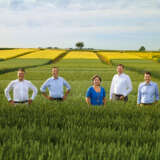Holistic feeding concepts
that promote climate and animal welfare, increase yields and quality.
Increasing the quality of harvests, promoting biodiversity, reducing the use of fertilizers and pesticides: Environmental and climate protection play a major role in the development of high-performance KWS varieties. However, it’s not only arable farming that benefits from the progress made in modern plant breeding, but livestock farming as well. KWS combines modern plant breeding programs and supports innovative livestock feeding strategies to create holistic concepts that have a long-lasting impact.
With its varieties and complementary services and consulting, KWS provides solutions that make livestock farming more climate friendly and agriculture more sustainable while also increasing animal welfare. This calls for feeding strategies that enable farmers to implement needs-based, nutrient-adapted, multiphase feeding. Depending on the particular livestock and region, farm-ers around the world grow a range of KWS crops and varieties on their fields to serve as animal feed to lower their dependency on having to purchase expensive energy-rich feedstuffs. But when farmers grow fodder on their own land, they not only benefit by saving money and gaining more economic flexibility, the climate does as well through the sustainable effect of this practice – for example, by saving emissions from long-distance transport.
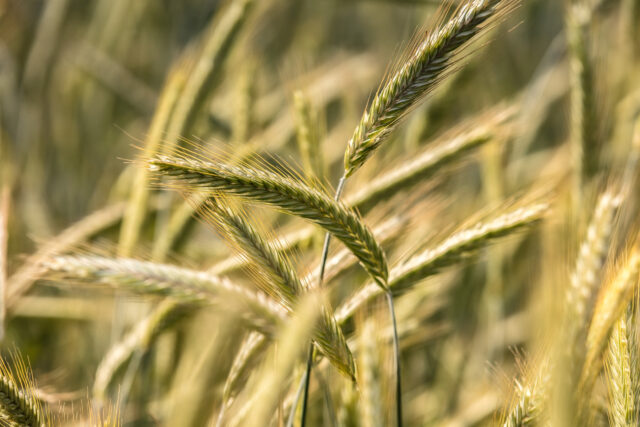
Facts
What role does animal fodder play in terms of climate and animals?
- Boosts sustainability in farming through improved crop rotation practices, CO₂ savings through regional cultivation, lowering the consumption of resources and reducing the use of pesticides
- Serves as a key factor in animal health and fertility
- Secures yield and profitability
Versatile, extended crop rotations and healthy soils reduce disease pressure and susceptibility to pests.
Regional cultivation eliminates long transport routes - which saves CO₂ emissions.
Less fertilizer and pesticide use conserves resources - and reduces the CO₂ footprint.
Innovative varieties combine the highest possible quality and high-yielding harvests.
High-quality, regional feedstuffs contribute to animal health, ensure greater independence and save costs.
Continuous breeding progress helps to safeguard or increase yields and make plants more resistant to external influences - such as drought or disease.
